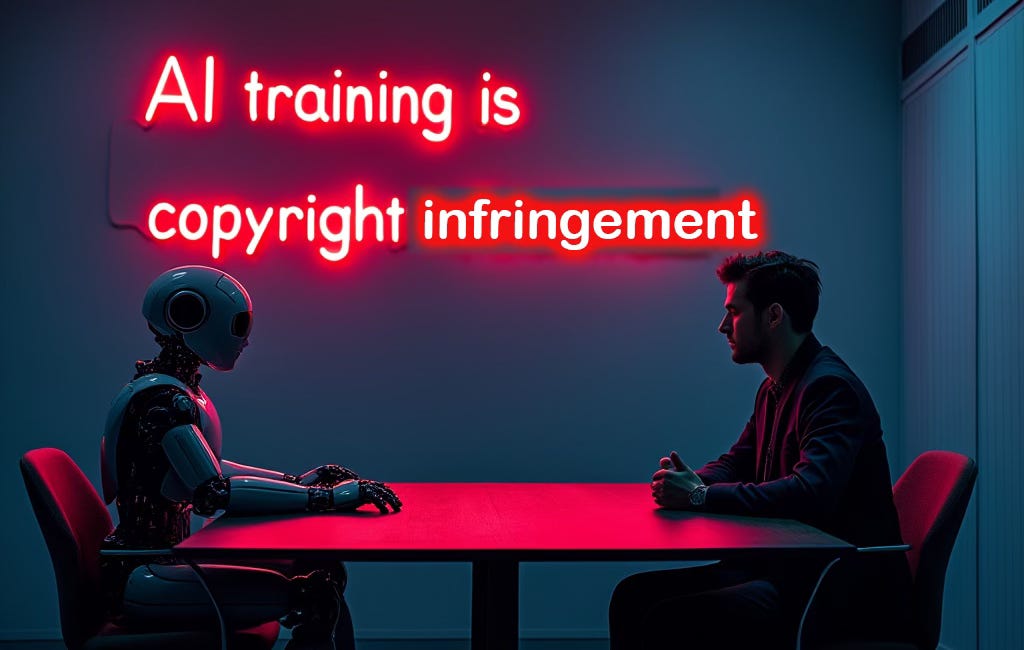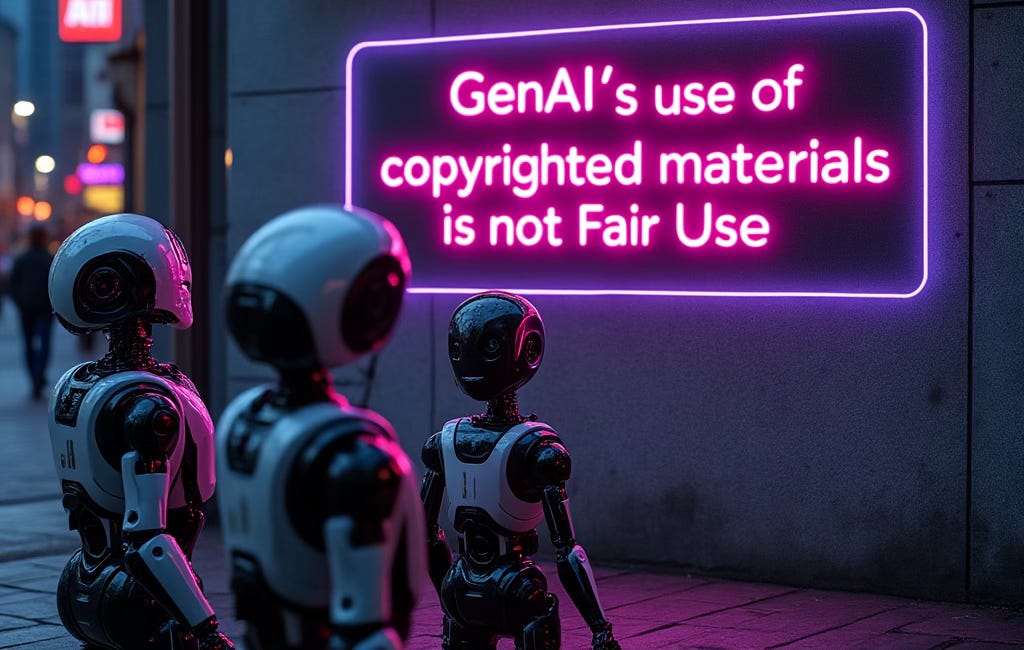- Pascal's Chatbot Q&As
- Posts
- Suchir Balaji: “I thought that AI was a thing that could be used to solve unsolvable problems, like curing diseases and stopping aging”
Suchir Balaji: “I thought that AI was a thing that could be used to solve unsolvable problems, like curing diseases and stopping aging”
“I thought we could invent some kind of scientist that could help solve them.”
As a teenager, he became the US Computing Olympiad Open National Champion in 2016 and later earned his degree in Computer Science from UC Berkeley with a stellar 3.98 GPA. He joined OpenAI in instrumental in training ChatGPT, the popular generative AI model. Initially an enthusiastic supporter of AI’s potential, Balaji grew increasingly disillusioned, particularly with the ethical implications of OpenAI's use of copyrighted materials in training its models.
https://timesofindia.indiatimes.com/world/us/what-we-know-about-the-suchir-balaji-case-so-far/articleshow/116322259.cms
Balaji, who had been vocal about his concerns over the ethical use of data by AI companies, died by suicide in his San Francisco apartment on November 26. The authorities have confirmed the manner of death, and there is currently no evidence of foul play.
https://www.yahoo.com/news/openai-whistleblower-suchir-balaji-found-112759697.html
The story of Suchir Balaji is a reminder that technology does not exist in a vacuum. Every innovative solution must consider the rights and interests of all parties. Amid the rapid growth of AI, it is important not only to develop technologies but also to create rules that will make them safe and fair.The future of artificial intelligence depends on how much society and the industry are willing to consider the lessons of tragedies like Balaji's death. And as long as these questions remain open, the shadow cast by this event will loom over the AI industry.
https://www.binance.com/en/square/post/17548737941234
Balaji's social media activity intensified after he left OpenAI, with posts expressing his growing awareness of the legal concerns surrounding copyright. He tackling the issue of fair use directly, pondering upon its application to the training data and highlighting its implausibility as many generative AI models create substitutes competing directly with the source material. His reflections were poignant, asserting, "I initially didn't know much about copyright, fair use, etc., but became curious after seeing all the lawsuits filed against GenAI companies."
Several organizations, including the Mercury News, reported on Balaji’s involvement as a key figure within the lawsuits directed at OpenAI. His firsthand knowledge of the inner workings and the gathering of relevant documents made him indispensable to the court cases alleging unfair practices and copyright infringement. This dynamic left Balaji caught between advocacy for ethical tech practices and the perilous nature of whistleblowing.
https://evrimagaci.org/tpg/tragic-death-of-openai-whistleblower-suchir-balaji-88633
"While generative models rarely produce outputs that are substantially similar to any of their training inputs, the process of training a generative model involves making copies of copyrighted data," Balaji wrote. "If these copies are unauthorized, this could potentially be considered copyright infringement, depending on whether or not the specific use of the model qualifies as 'fair use.' Because fair use is determined on a case-by-case basis, no broad statement can be made about when generative AI qualifies for fair use."
Balaji argued in his personal essay that training AI models with masses of data copied for free from the internet is potentially damaging online knowledge communities.
He cited a research paper that described the example of Stack Overflow, a coding Q&A website that saw big declines in traffic and user engagement after ChatGPT and AI models such as GPT-4 came out.
Balaji was later named in the Times' lawsuit against OpenAI as a "custodian" or an individual who holds relevant documents for the case, according to a letter filed on November 18 that was viewed by BI.
https://www.bundle.app/en/finance/openai-whistleblower-found-dead-by-apparent-suicide-207f77e5-f814-472f-a86e-2fd820e1b5a1
“I thought that AI was a thing that could be used to solve unsolvable problems, like curing diseases and stopping aging,” he told the Times. “I thought we could invent some kind of scientist that could help solve them.
https://fortune.com/2024/12/14/openai-whistleblower-suchir-balaji-suicide-san-francisco-apartment-copyright-violations/

·
14 DEC

·
24 OCT

·
14 DEC

·
5 SEP

·
9 SEP
